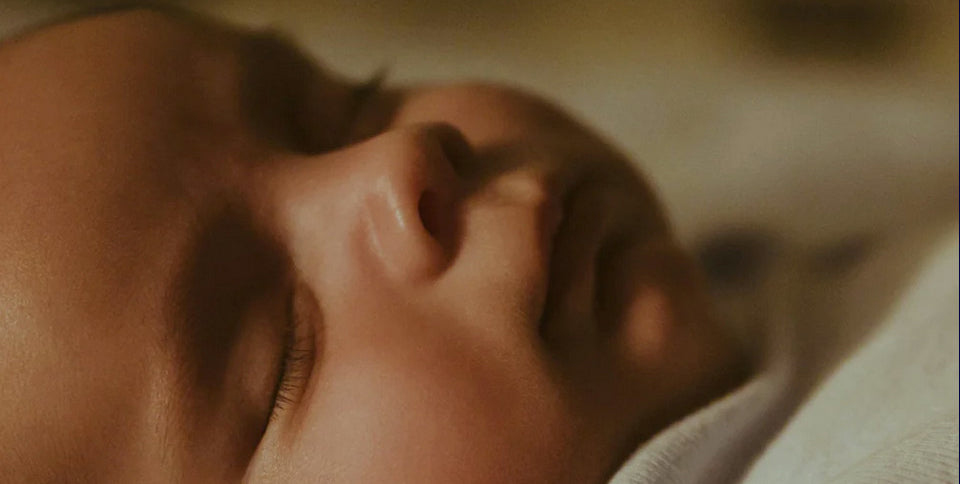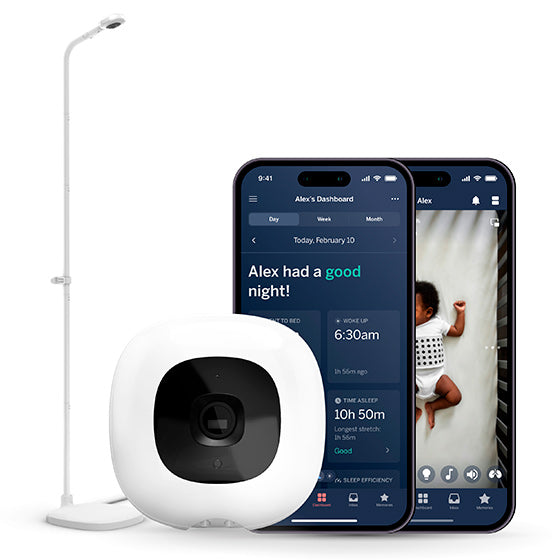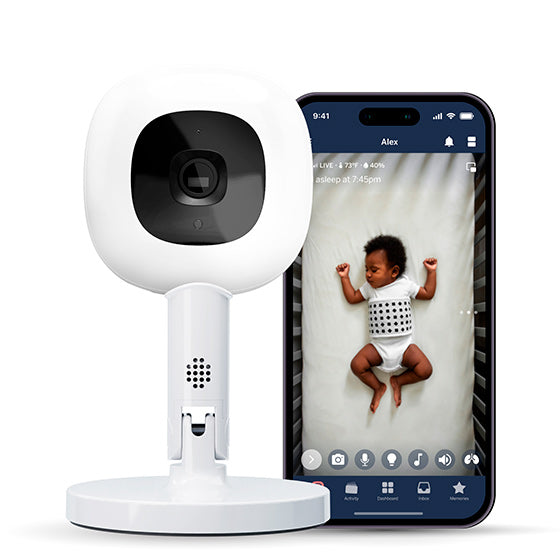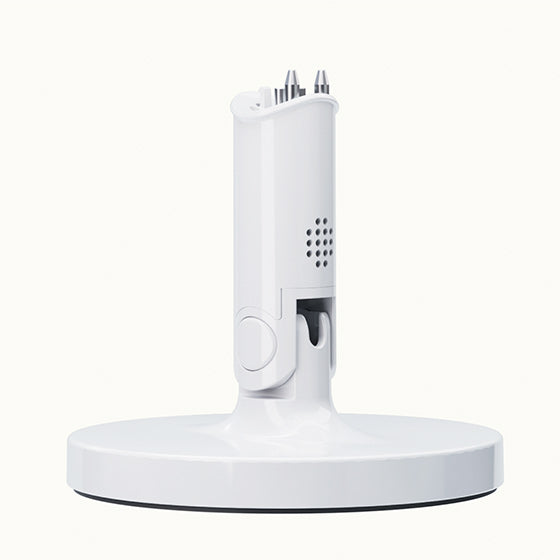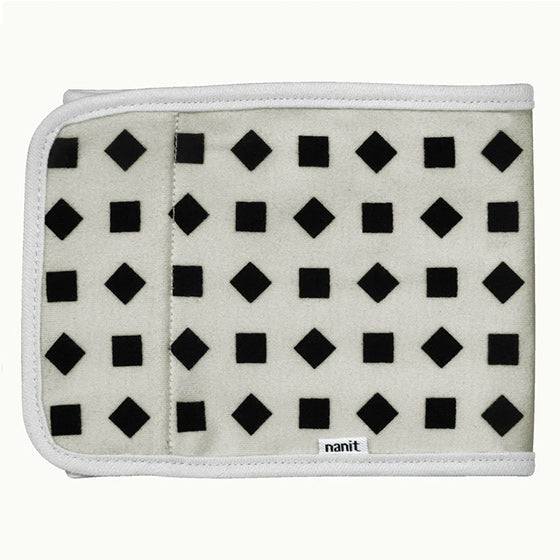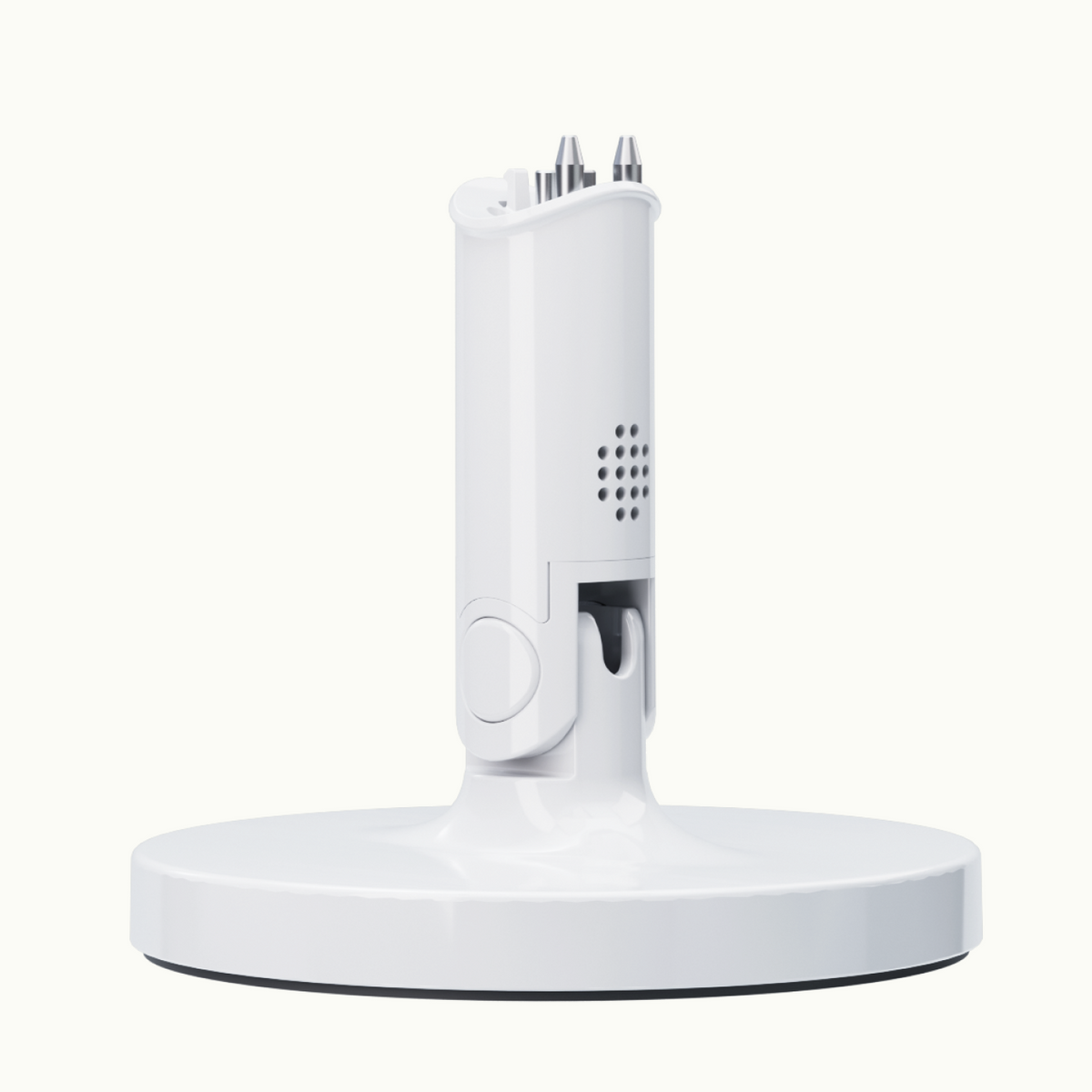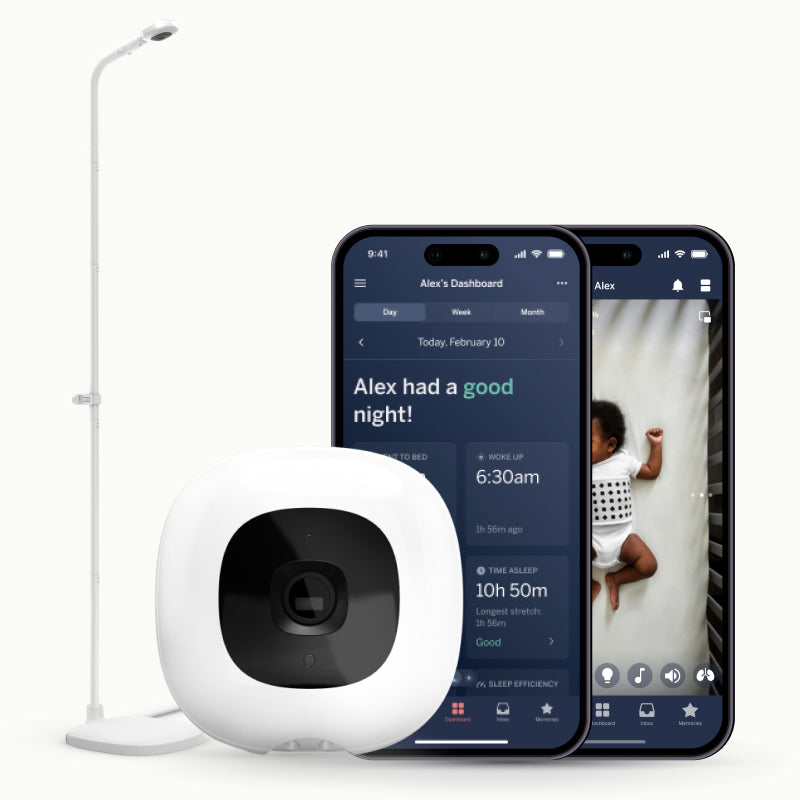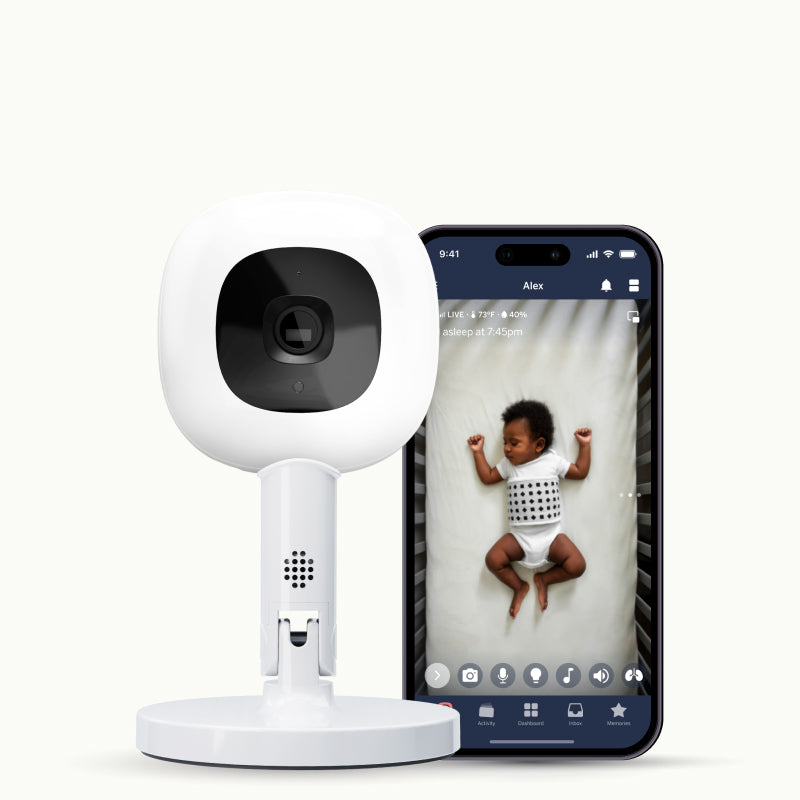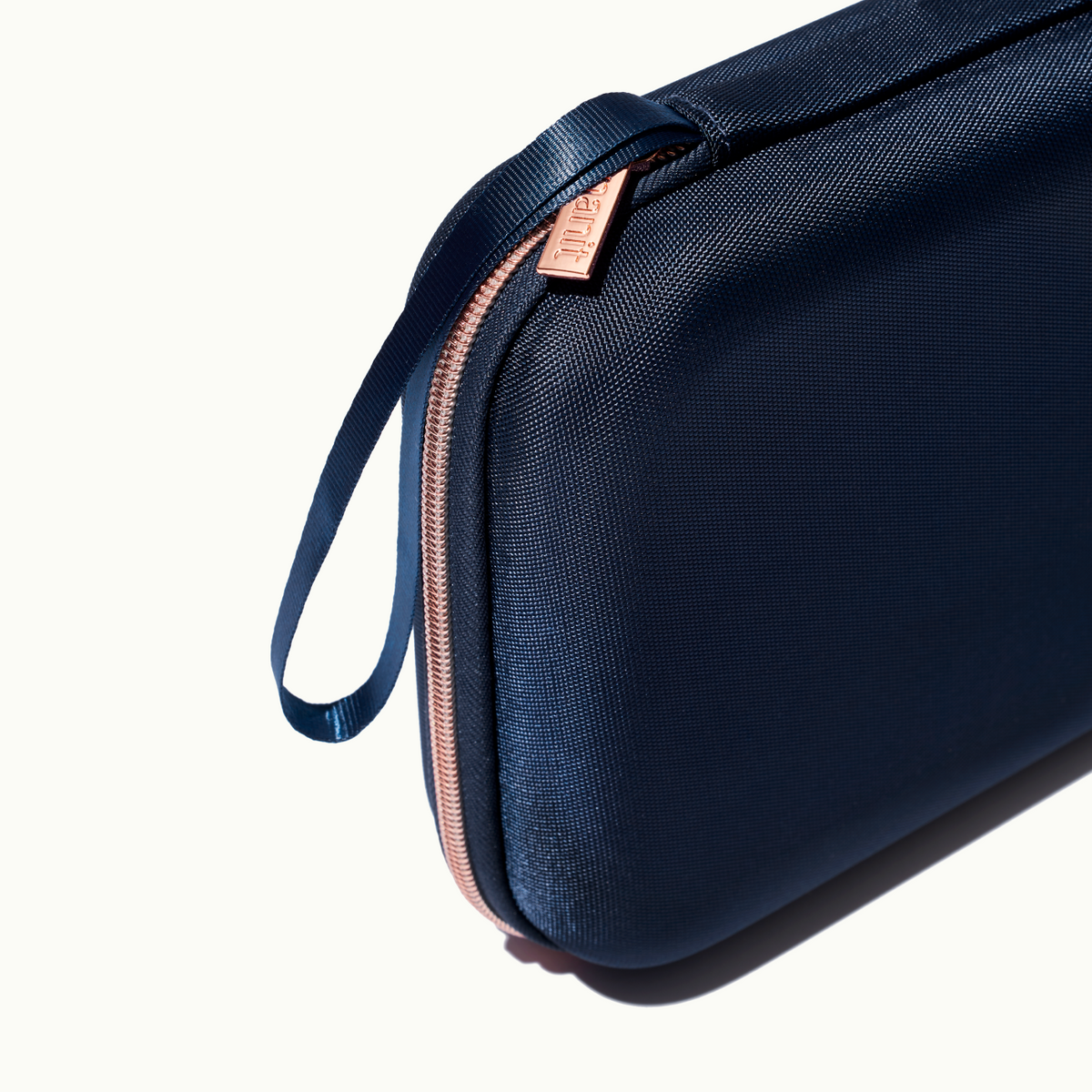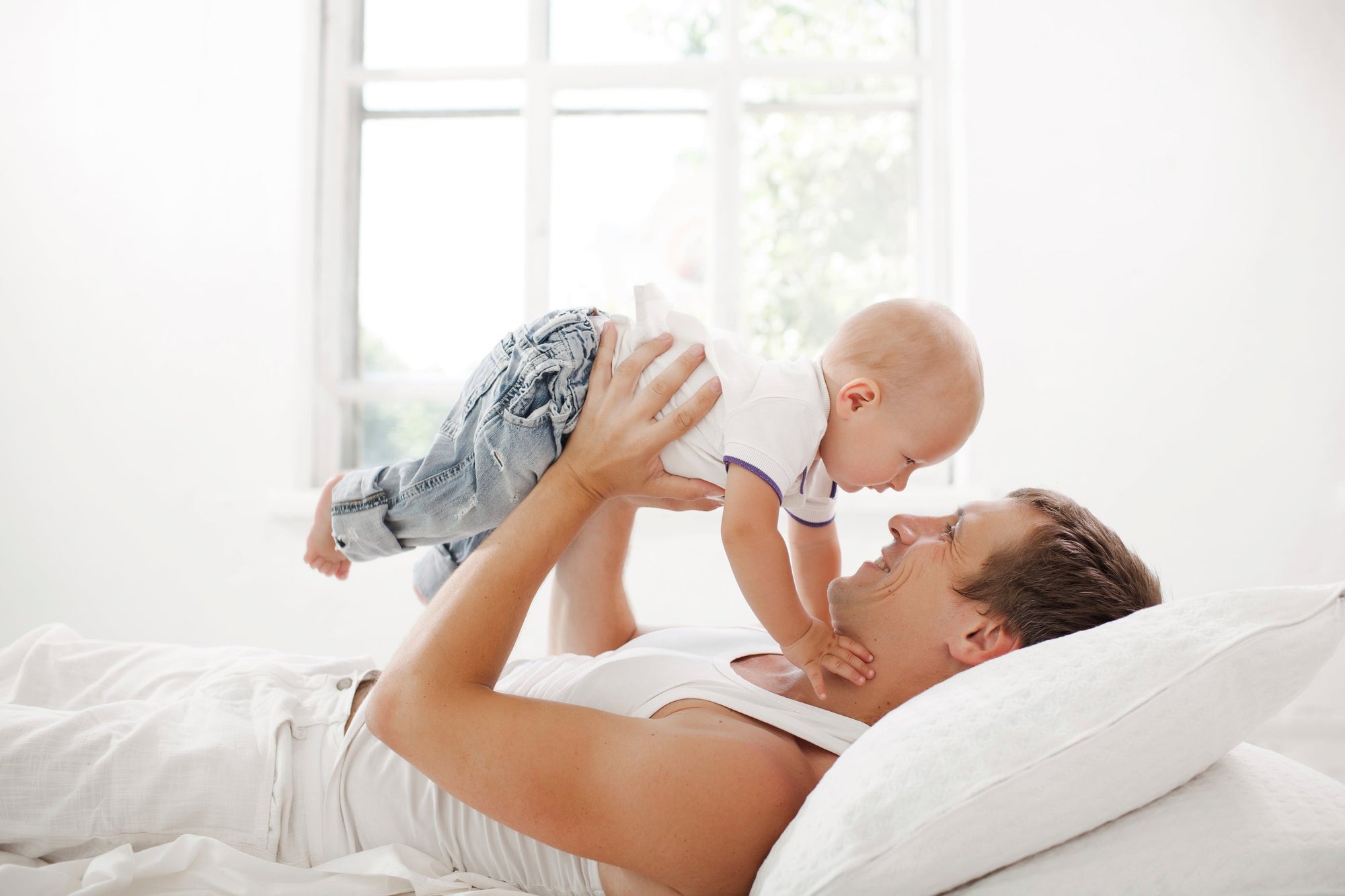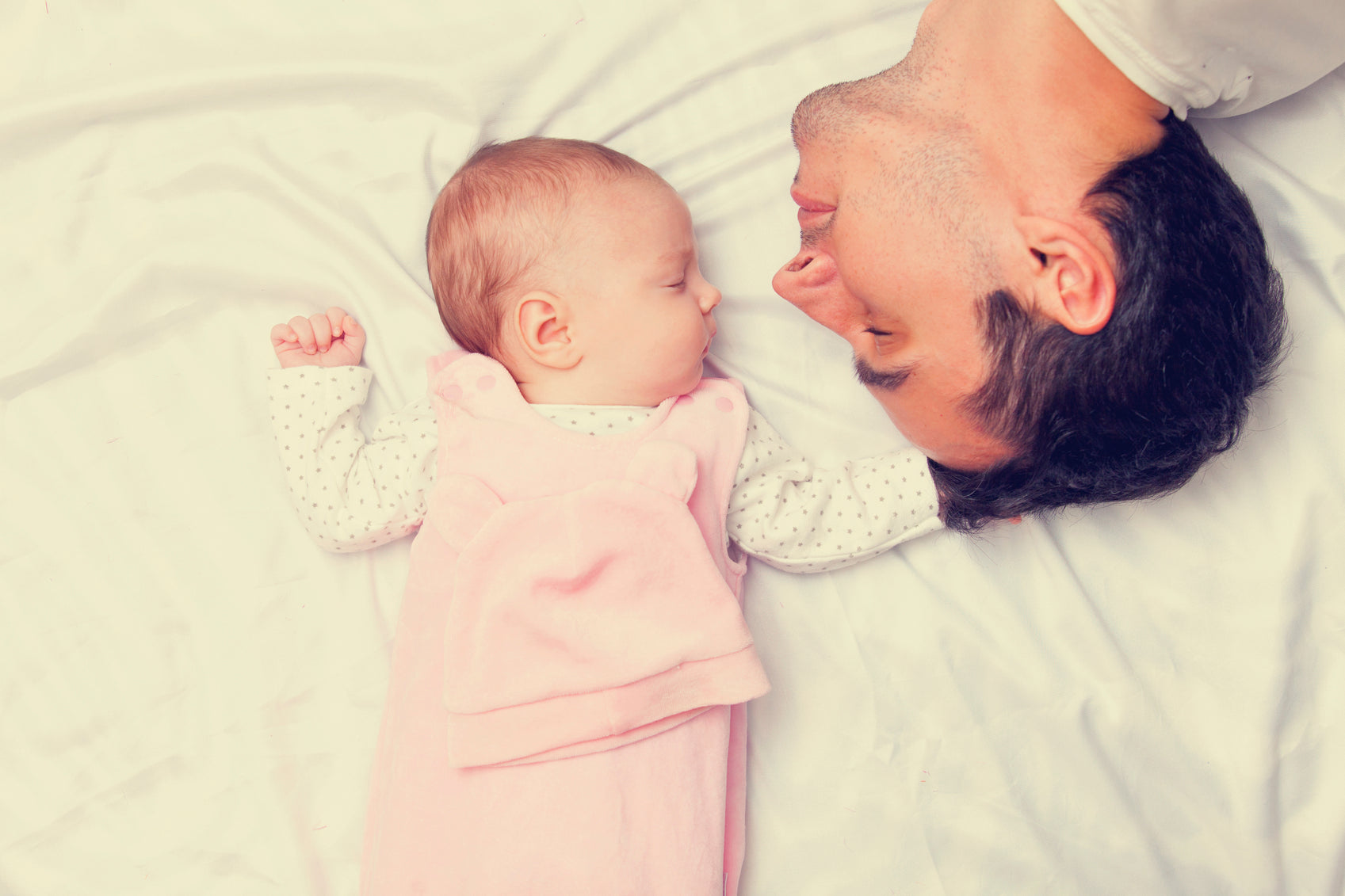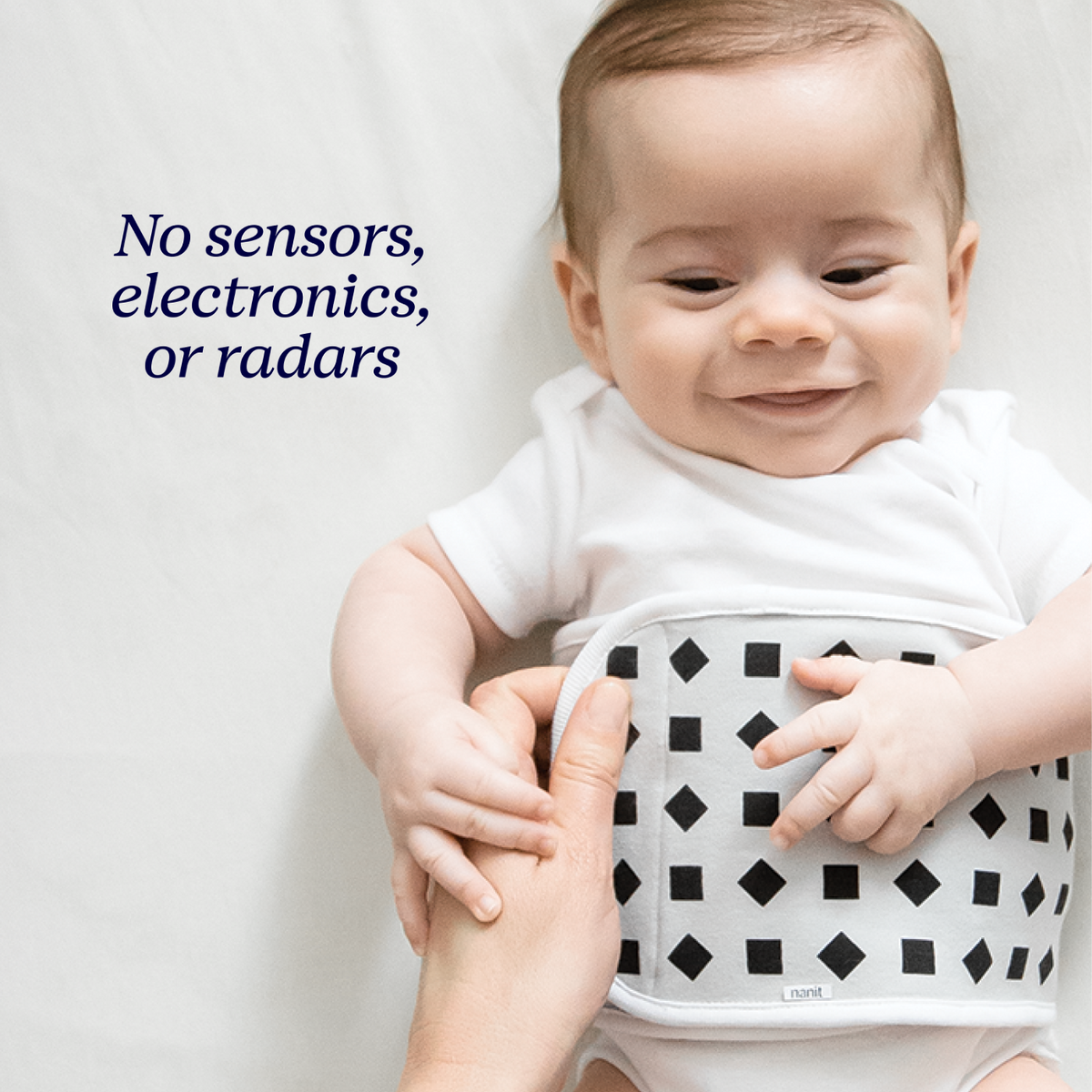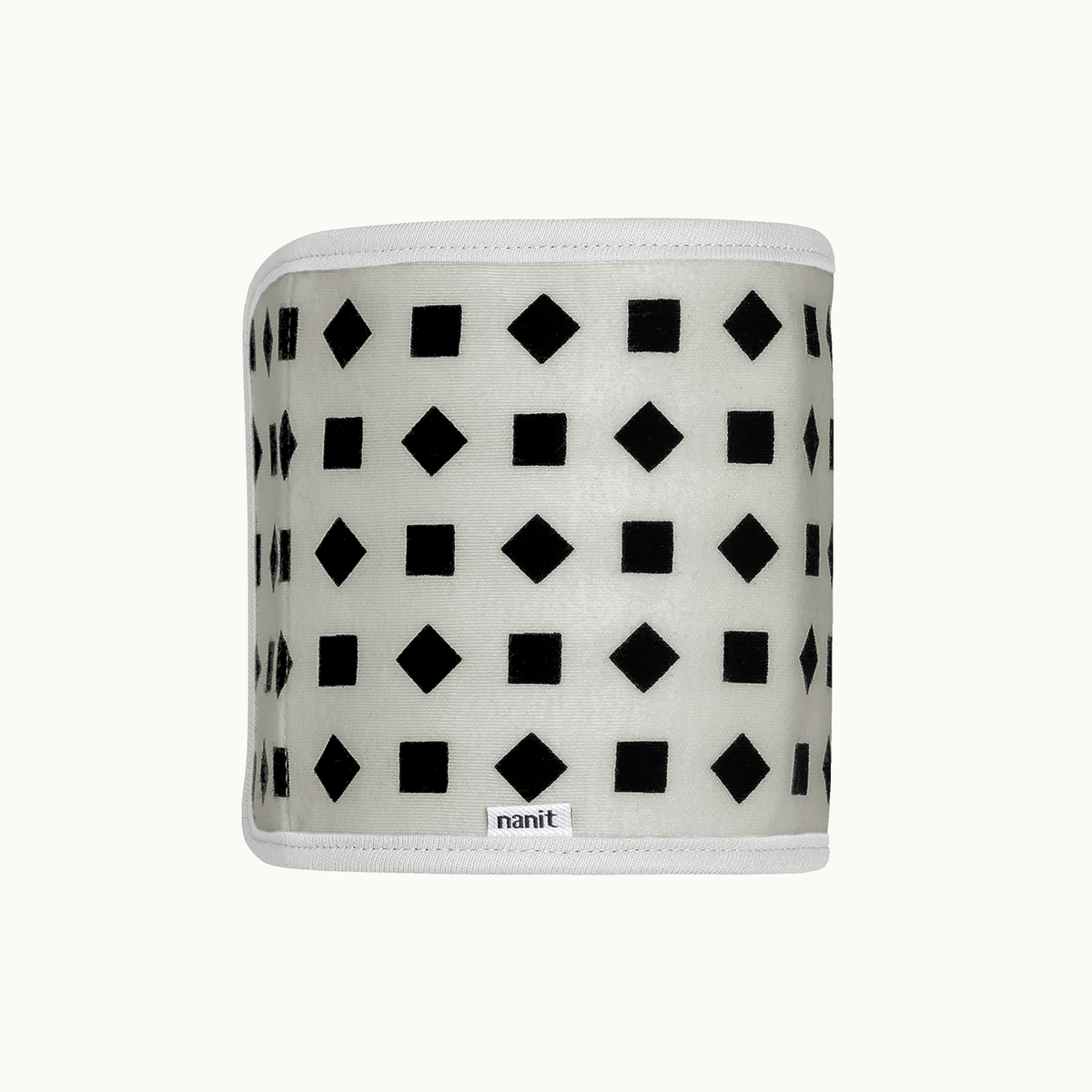In our new series “Ask a Sleep Expert,” we pose a question from a reader to pediatric sleep consultant Ingrid Prueher, founder of BabySleepWhisperer.com, and get her expert insight and advice.
“My baby was sleeping through the night. Then all of a sudden, at seven months, he stopped. What happened?” –Regina, State College, Pennsylvania
Ingrid: In situations like this, there are a few things I’d look at. One, if the food schedule’s out of whack, then that becomes an issue. Is the child not on solids yet and starting to get hungrier because they’re growing and their needs aren’t being met? Or, are they having too many solids during the day and they’re making up for the milk that they’re not receiving until nighttime?
Sleep schedule is also important. Generally, at this point, kids are down to two naps and bedtime no later than 7 p.m. The way they go down to sleep is the way they’re going to expect to go back to sleep every time they wake. In certain situations, the parent could be rocking the baby to sleep and it was working before, but then it stops. It’s going to stop because that is a sleep association. And the child’s getting older and wiser and that kind of stuff stops working. Eventually it’s going to catch up. It always does. So then you have to sleep train to teach your child how to become an independent sleeper.
Another reason why kids can start waking up out of nowhere at seven months of age is because they are hitting very big developmental milestones. They’ve learned to sit up, they’re learning to stand up and pull themselves up and kind of “get stuck.” They also have discovered their voice, and now they’re screaming when there’s really nothing wrong. In situations like this, I let my clients know that the sleep disturbance is temporary and should last no more than a week, unless the child is hitting more than one milestone at once. I recommend that the parent continue to implement the sleep training method during these times because the child is only staying awake or waking up from sleep to practice mastering their new skill. The child is not fighting sleep to have help from their caretakers.
Separation anxiety can also start at seven months of age with the child waking up and looking for their parent. You can go to them. But there’s no need to take them out of their crib every single time. With some kids’ personalities, they’ll have separation anxiety several times throughout their life. And for other kids you won’t even see it until they’re four years old.
So seven months is a big, big age. And there are quite a few different reasons why kids cannot sleep at this age. The best thing that any family can do, at any point, is really to log what’s going on so that you can see what changed in their sleep.
Check out how Nanit makes sleep logging and tracking a breeze. Plus, don’t forget to share your biggest sleep questions with us on Facebook or Twitter – you could be featured in our next “Ask a Sleep Expert” blog post!

